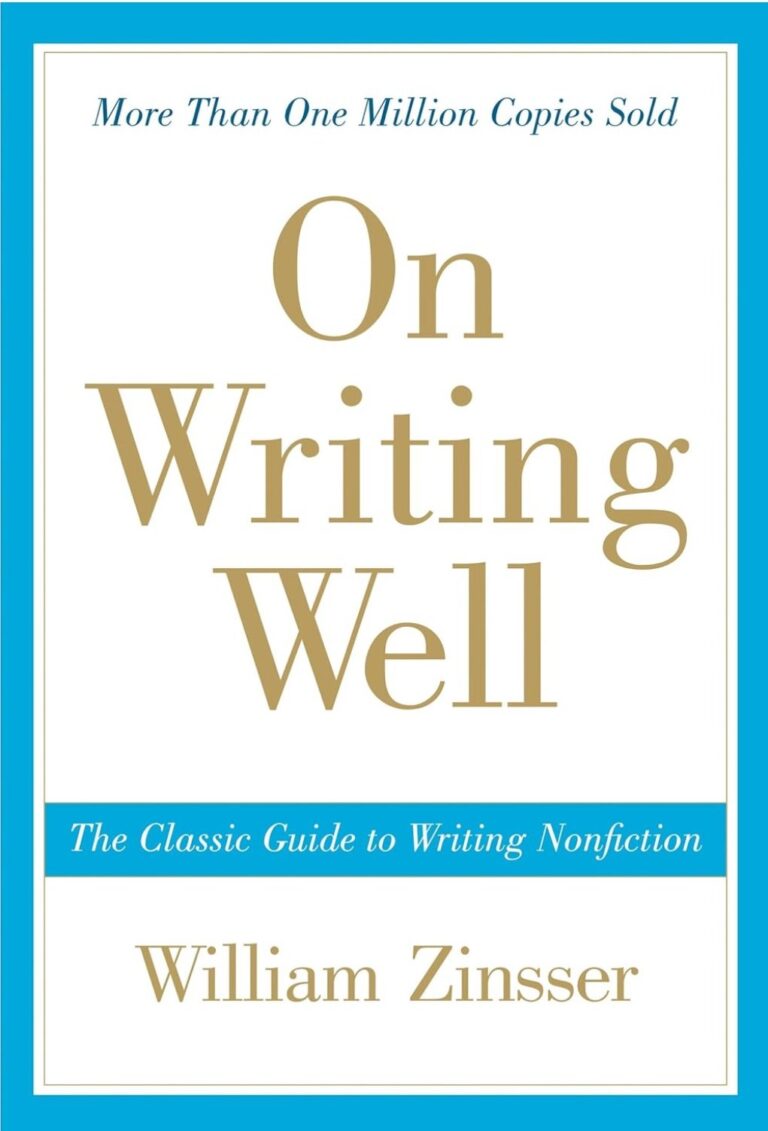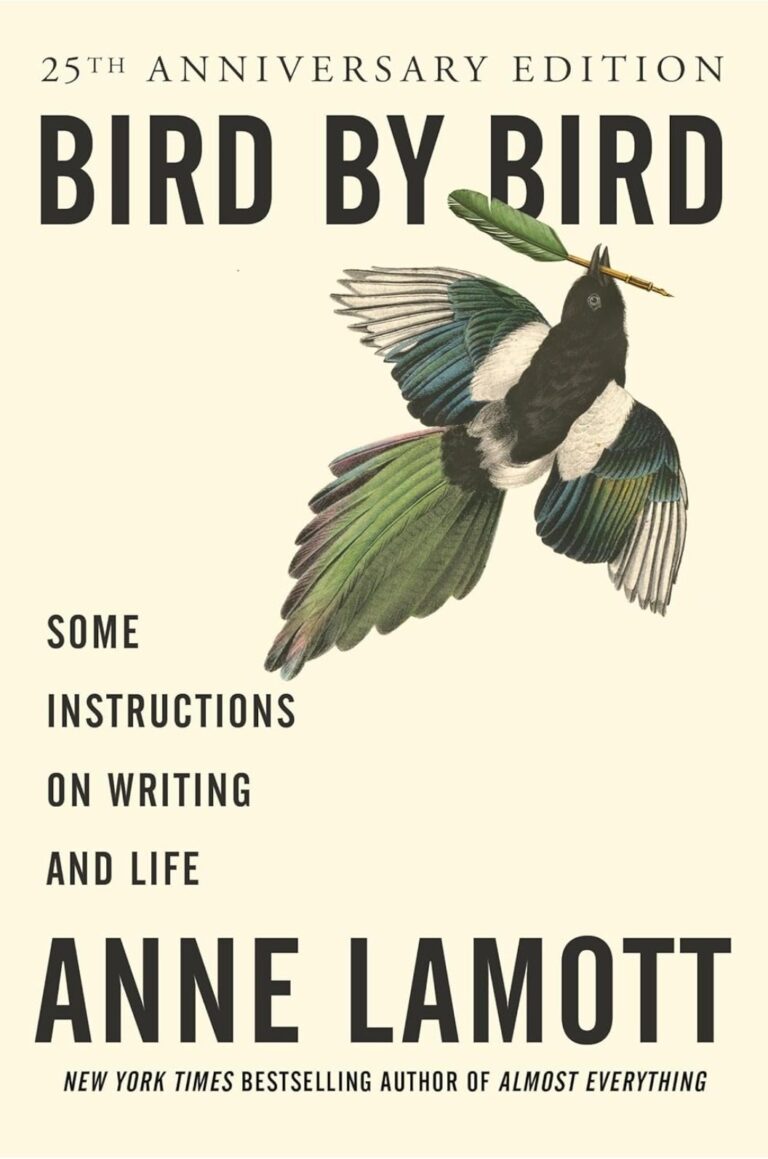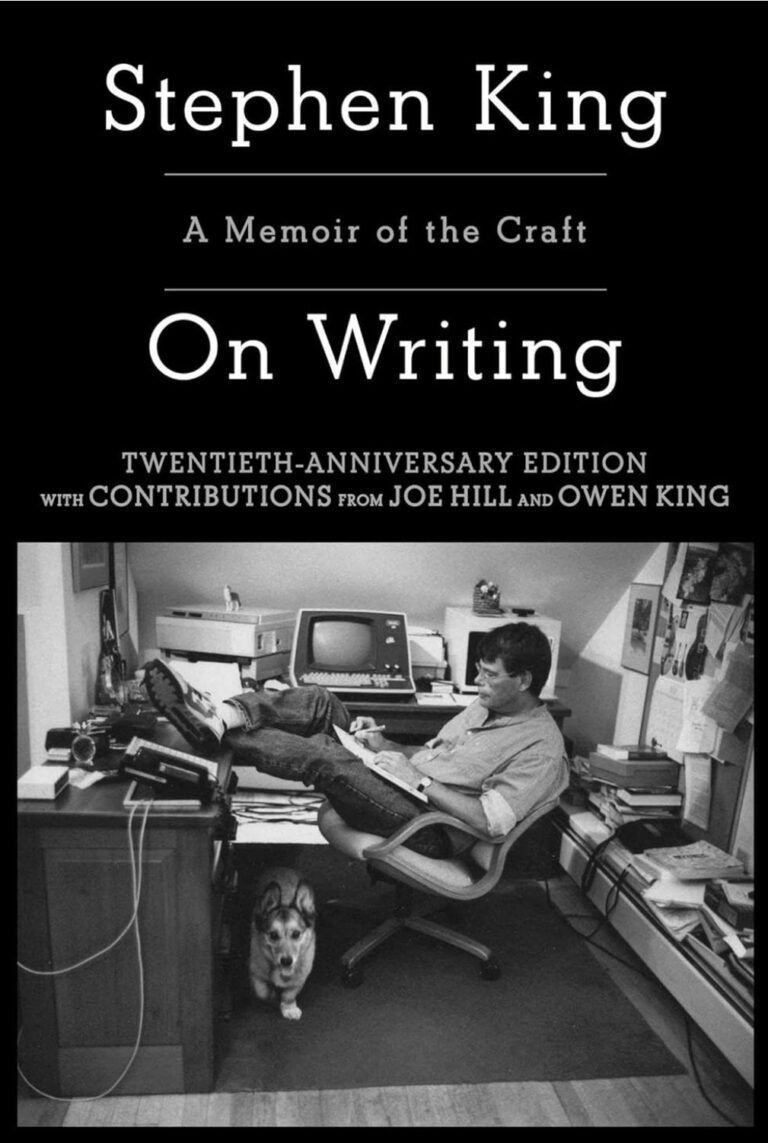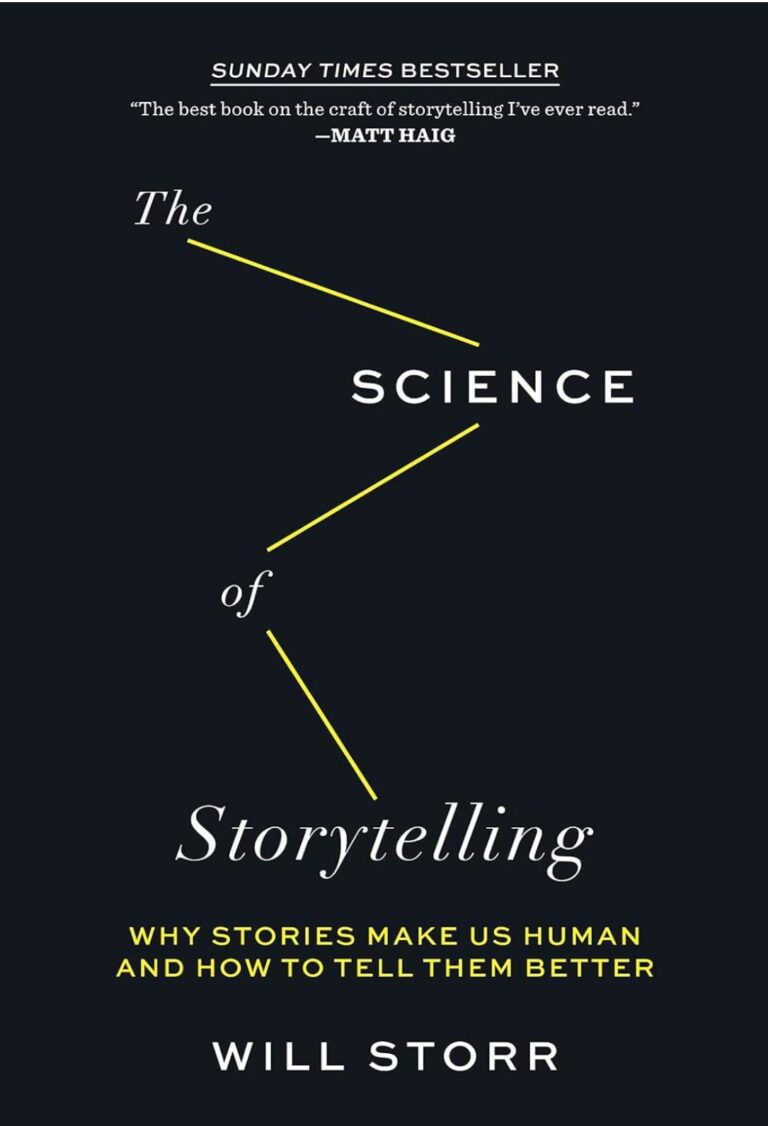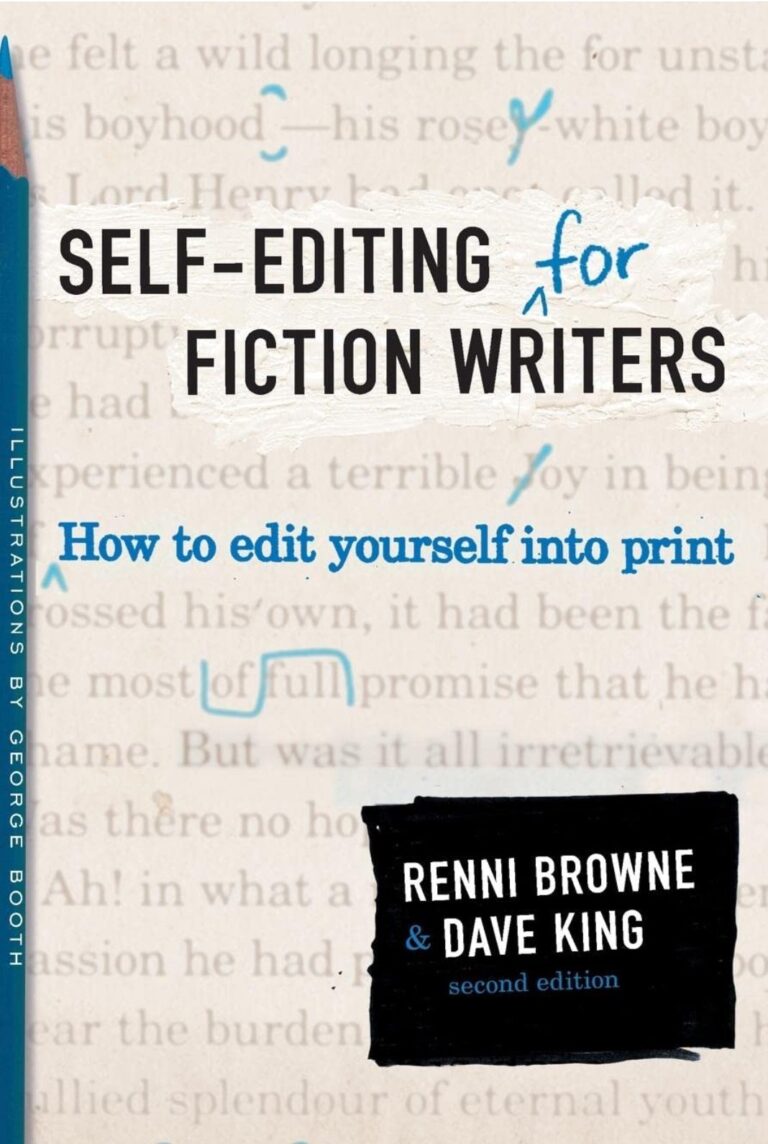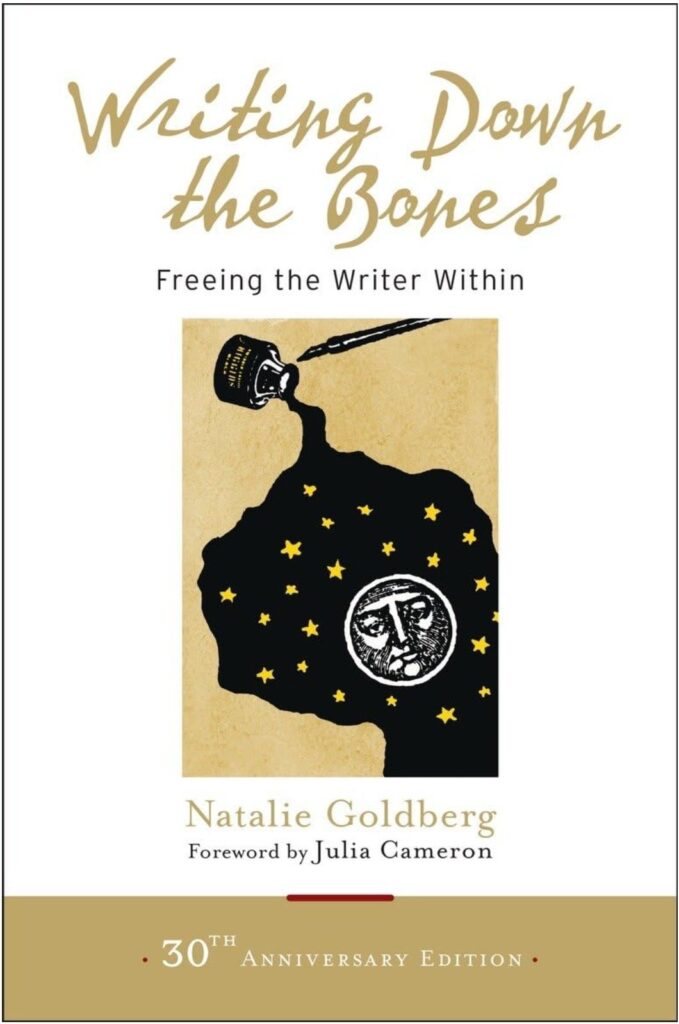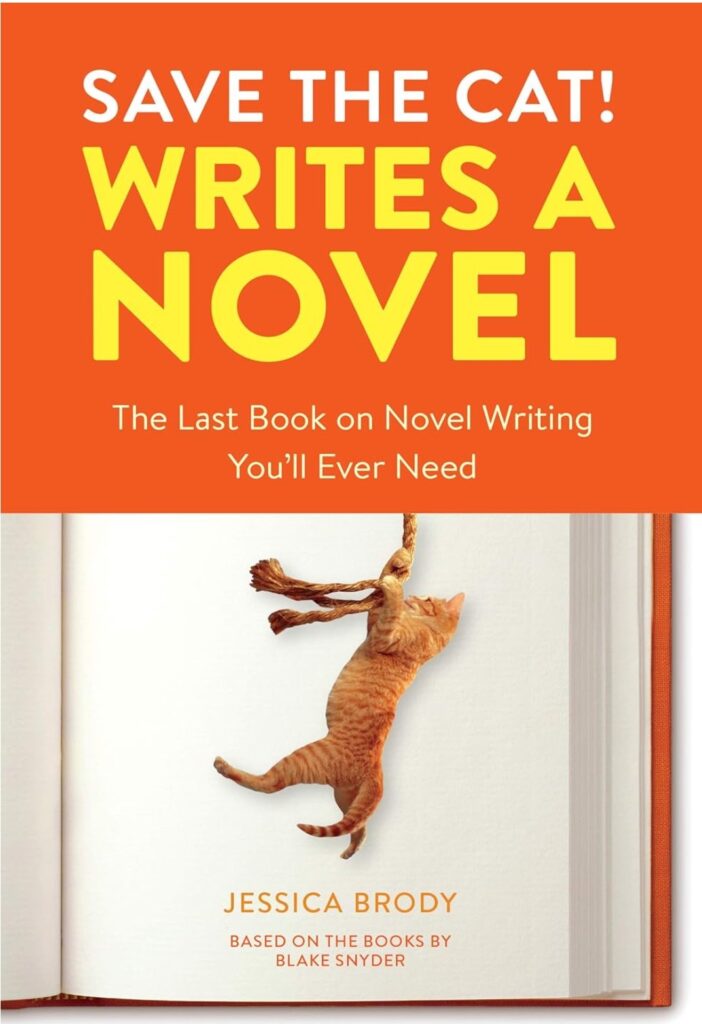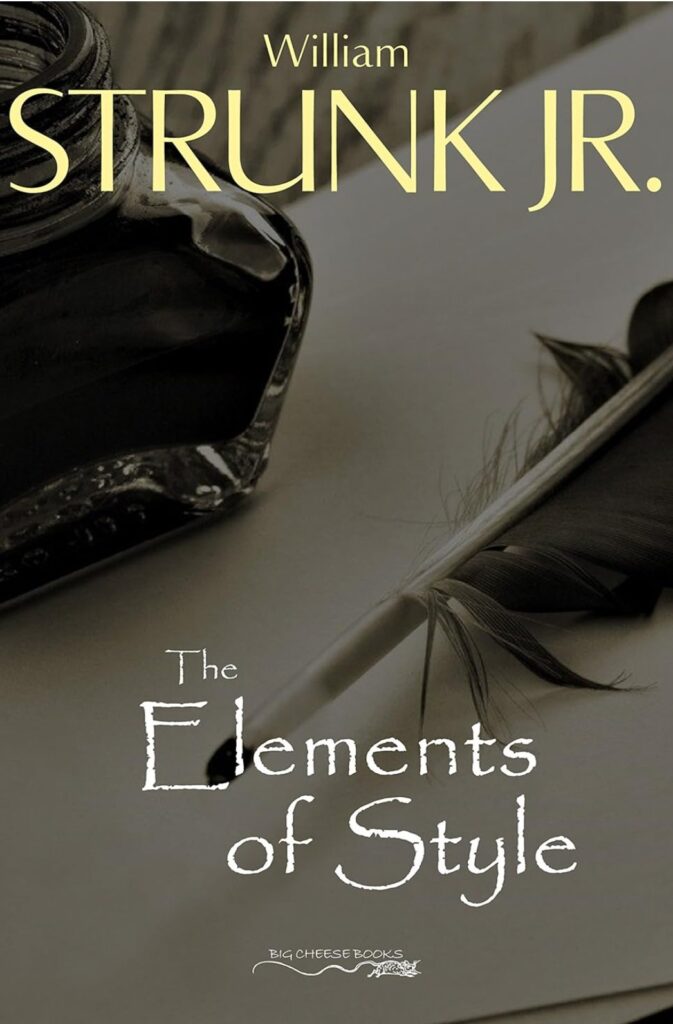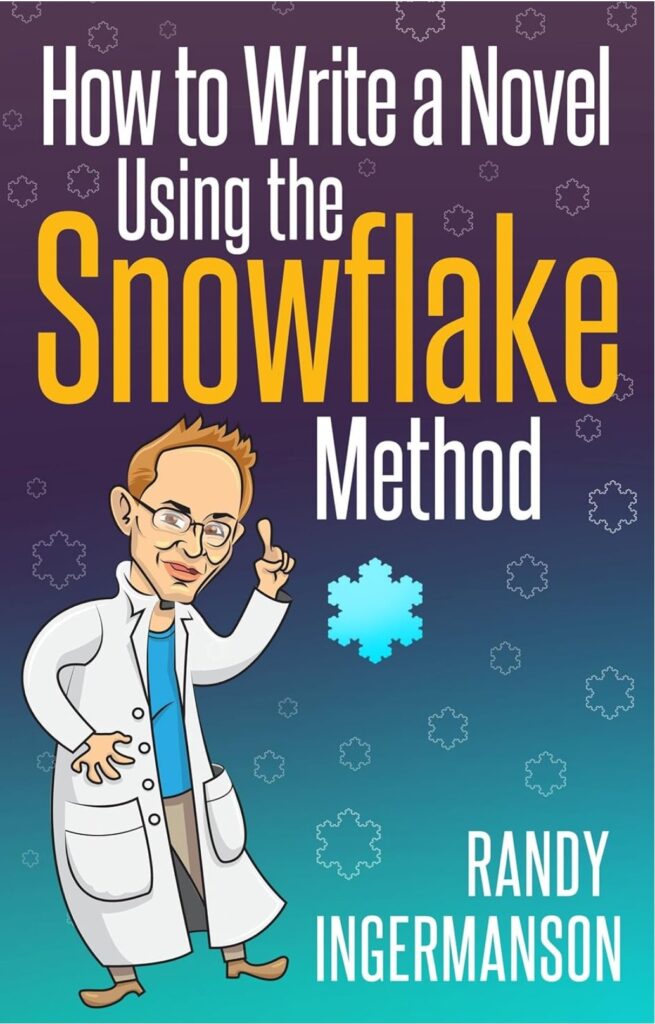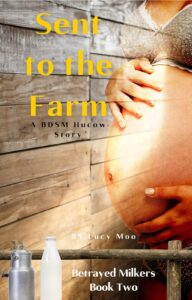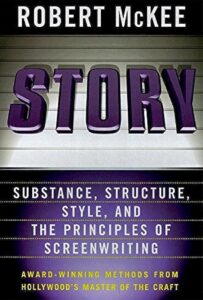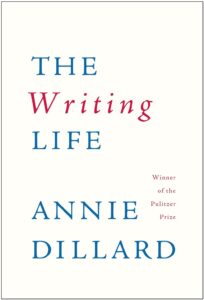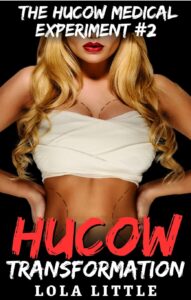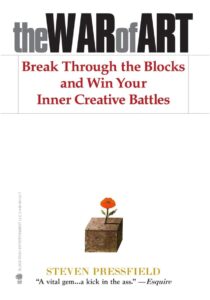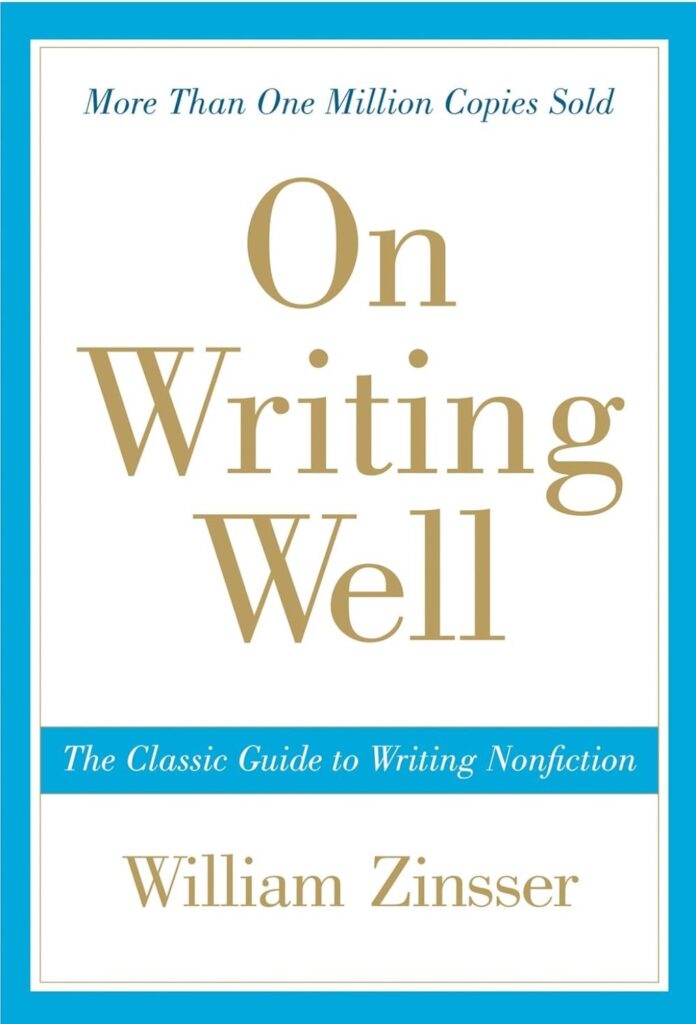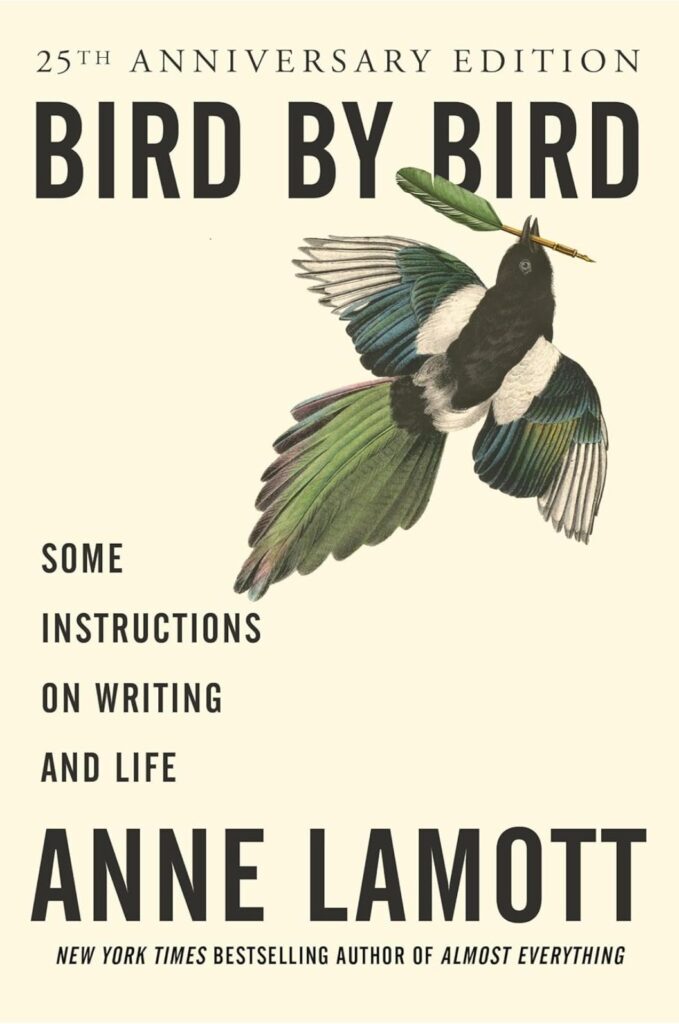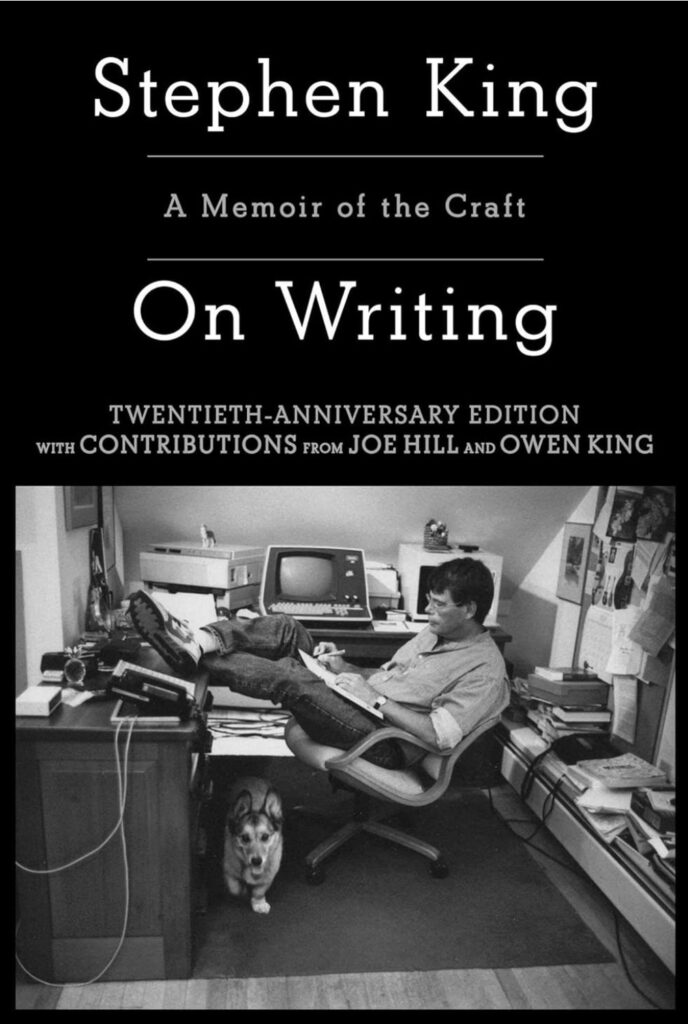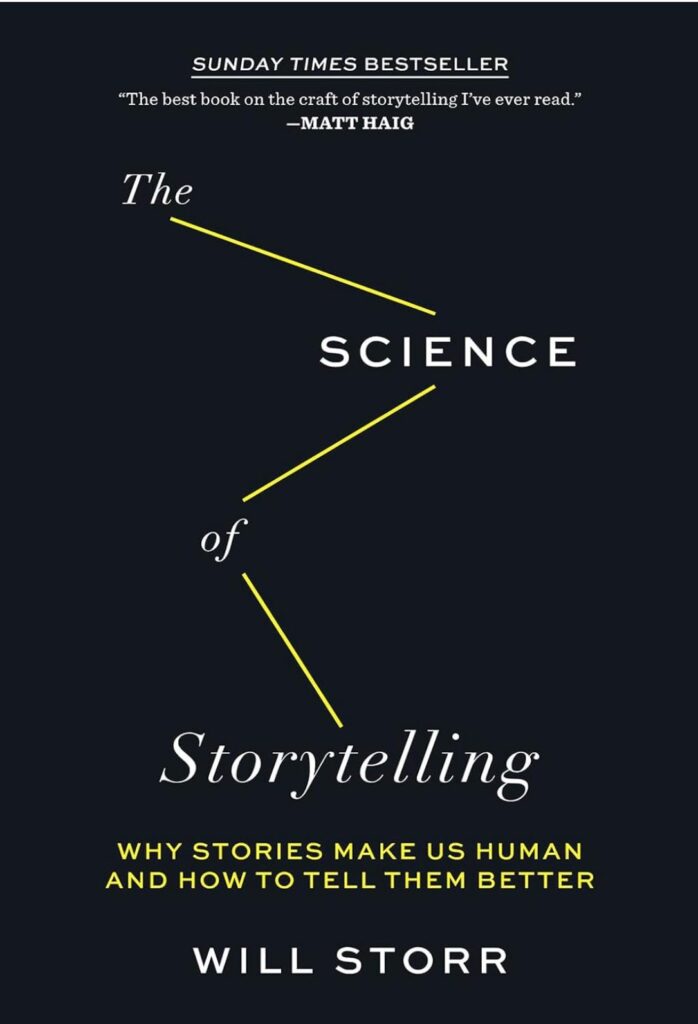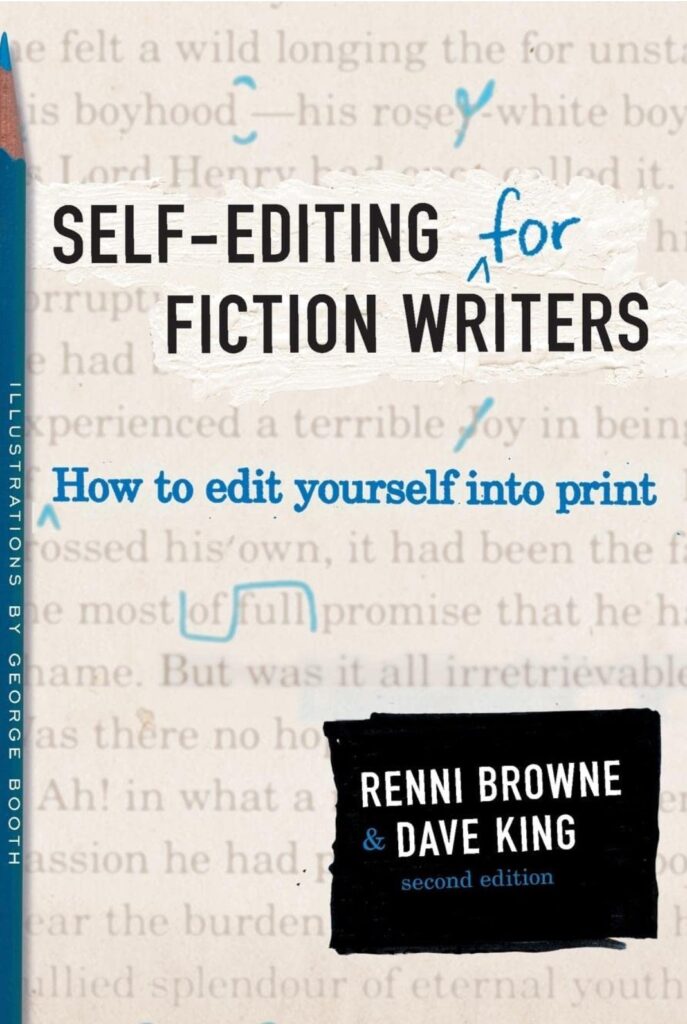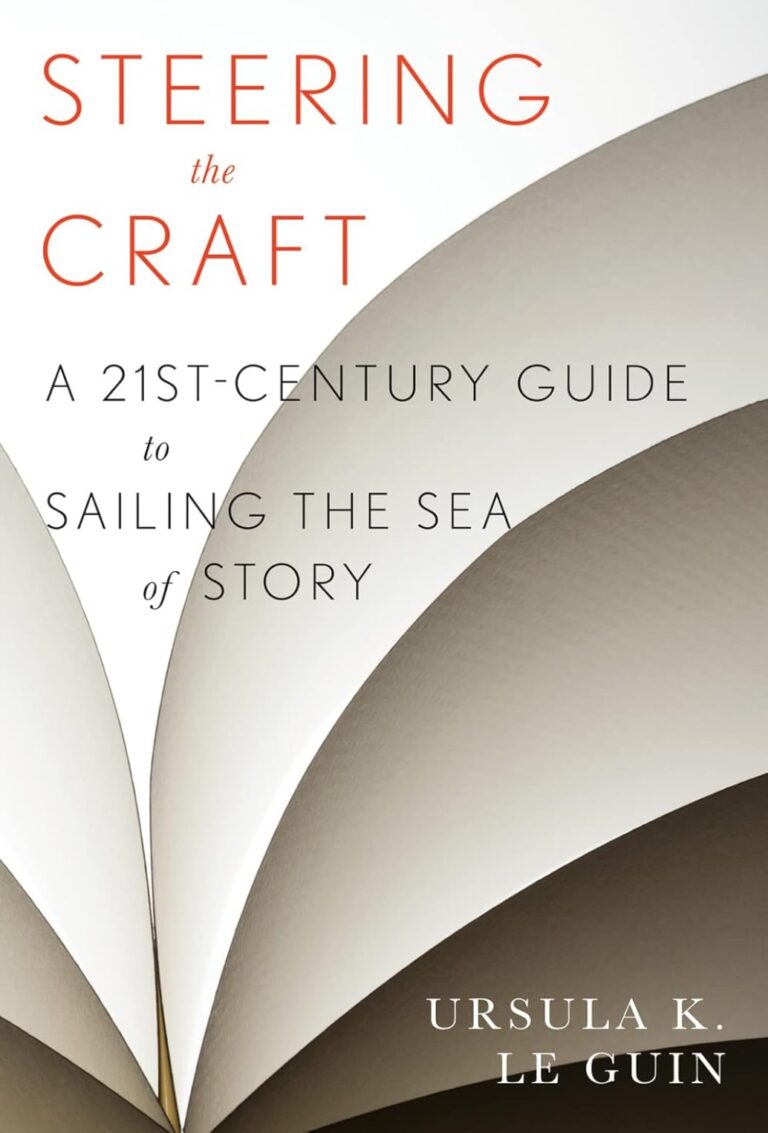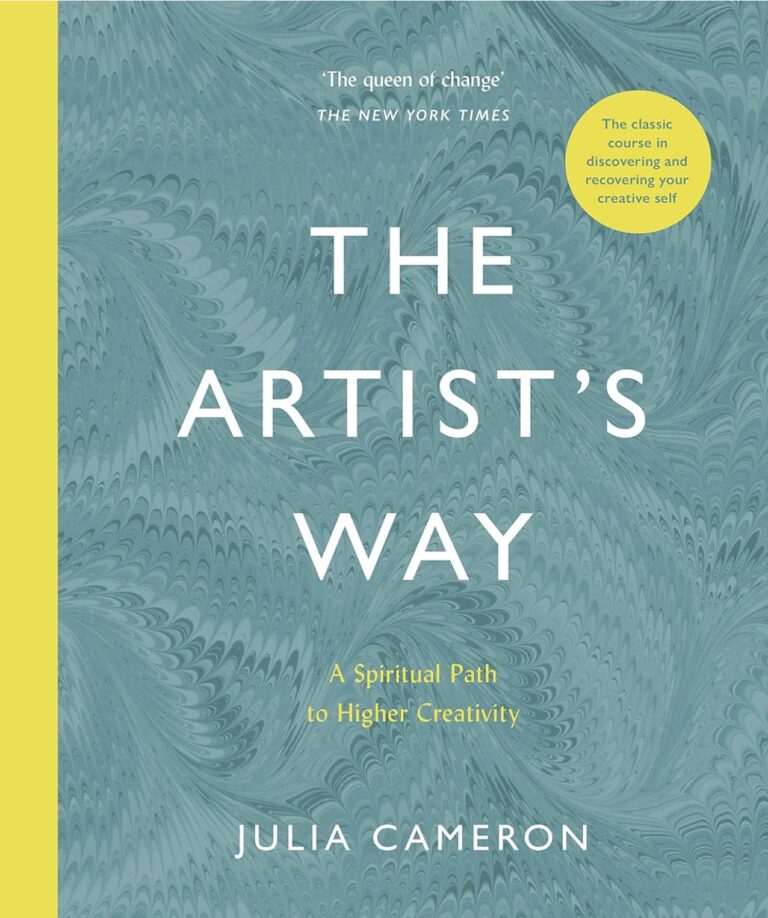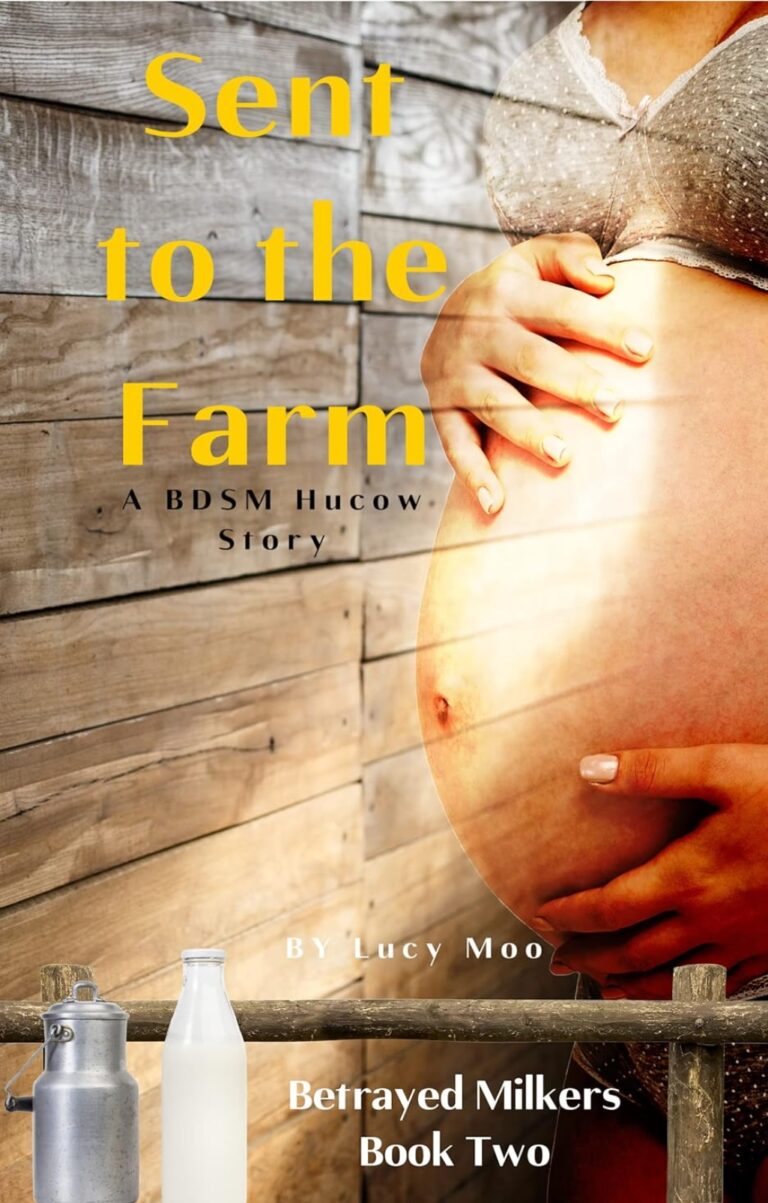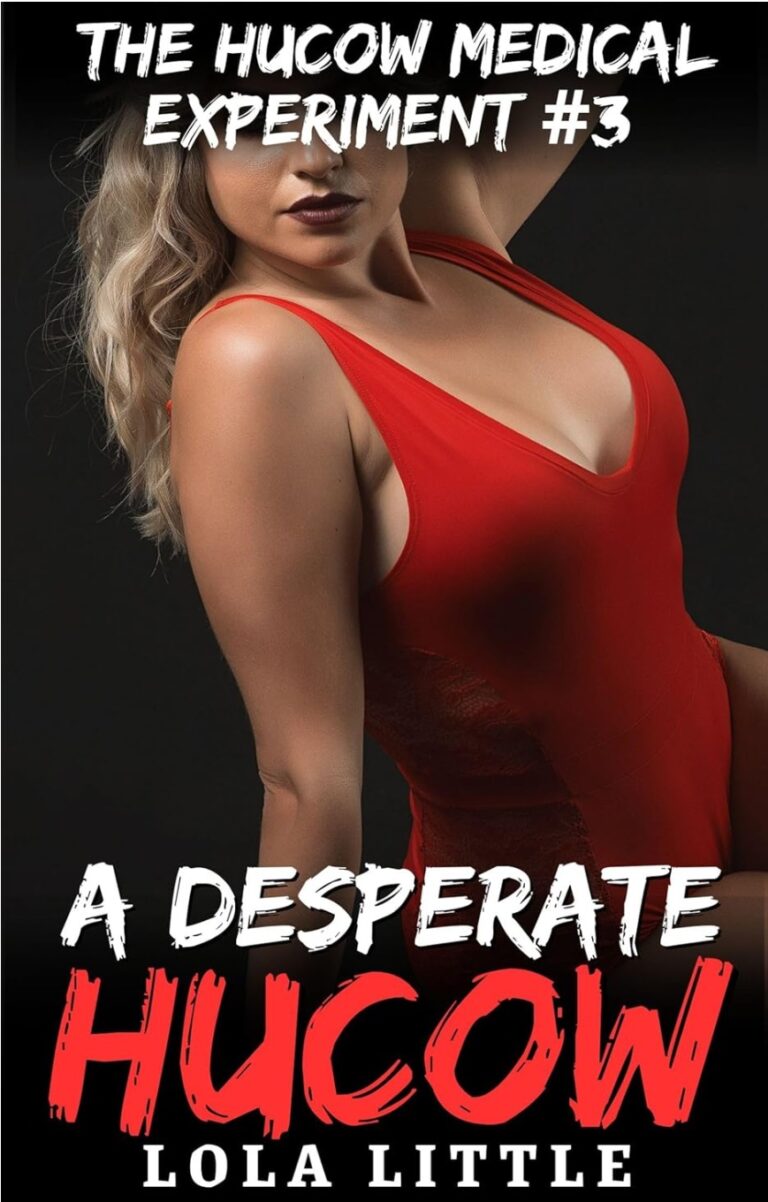The closing of any Hucow story is one of the most critical moments in the narrative. It’s where all the tension, emotions, and anticipation you’ve built up throughout the plot culminate in a satisfying, heartfelt conclusion.
As a Hucow author, I’ve often found myself reflecting on how to make the final chapters not only steamy and intense but also emotionally rewarding for the reader.
When done right, the closing can leave your audience deeply connected to your characters and yearning for more, even if it’s the end of a series.
In this post, I’m going to talk about delivering an emotional payoff in your Hucow stories, especially in the final scenes. Whether it’s the heroine finally accepting her transformation, the Alpha showing vulnerability, or the characters finding a sense of belonging, your closing moments need to hit the reader right in the heart.
So let’s dive into the ways you can ensure your ending leaves an emotional impact.
Table of Contents
ToggleTying Emotional Arcs to the Transformation
One of the core elements of Hucow stories is transformation. It’s not just a physical change but an emotional journey that your characters go through. To deliver an emotional payoff, you have to tie the heroine’s transformation to her emotional arc.
The Heroine’s Acceptance
In one of my Hucow stories, the emotional payoff came when the heroine finally accepted her new identity as a Hucow. She had struggled throughout the book—resisting the changes, feeling uncertain about her place, and questioning her desires.
By the end, she embraced her transformation, not just physically, but emotionally. Her acceptance was the emotional climax of the story, and it left readers feeling fulfilled.
In a Hucow story you write, you can create a similar moment by focusing on your heroine’s internal conflict throughout the book. Build up her doubts, her fears, and her resistance.
Then, in the closing chapters, allow her to accept and even revel in her new role. This acceptance can create a deep emotional connection with your readers, as they’ve followed her journey and are ready to see her find peace.
Balancing Dominance and Vulnerability
The Alpha character in Hucow stories is typically dominant, but one way to deliver an emotional payoff is to show his vulnerability in the closing scenes. Readers love seeing an Alpha who, despite his strength and control, is willing to open up emotionally to the heroine.
A Moment of Vulnerability
In a Hucow story that you write, you might have an Alpha who has been emotionally distant throughout most of the book. But as the story comes to a close, you can reveal his softer side.
Maybe he admits that he’s grown attached to the heroine, or he acknowledges that her submission means more to him than just control. A line like, “You’ve changed me,” can resonate powerfully with readers who have been waiting to see that emotional breakthrough.
The key is to make this vulnerability feel earned. Throughout the story, show how the Alpha has struggled with his feelings. Then, in the final scenes, let him express that emotion in a way that feels authentic and meaningful.
This can turn what might have been a typical dominant character into a fully fleshed-out individual who readers care about.
Show the Power of Connection and Belonging
At the heart of many Hucow stories is the theme of belonging—whether it’s the heroine finding a place within the farm, with the Alpha, or within herself. Readers are drawn to stories that show characters forming deep, meaningful connections.
Finding Home
In one of my stories, the emotional payoff came when the heroine realized that she had finally found a home on the farm. She had spent the entire story feeling out of place, but in the end, the connection she formed with the Alpha and the other characters gave her a sense of belonging she had never felt before. That moment when she realized, “This is where I belong,” was one of the most emotionally powerful scenes.
In your own stories, think about how you can create that sense of connection. Maybe your heroine feels lost at the beginning, but by the end, she finds a home not just in the physical sense but emotionally.
This could be with the Alpha, with a group of Hucows, or even within herself. Readers love to see characters find their place in the world, and that realization can be the emotional closure they’re craving.
Delivering on Breeding Themes
Breeding is a common trope in Hucow stories, and it often carries a lot of emotional weight. The idea of breeding can symbolize trust, intimacy, and a deep bond between the characters. In the closing scenes, delivering on the promise of breeding can provide both a physical and emotional payoff.
The Emotional Depth of Breeding
In a Hucow story, breeding shouldn’t just be about the physical act—it’s about the connection between the Alpha and the Hucow. In one of my stories, the final scene involved the Alpha telling the heroine that she was ready to breed.
But instead of focusing solely on the physical, the dialogue centered around their emotional connection. He told her, “This is our future,” and that line carried all the weight of their journey together. It made the moment not just about breeding but about their bond.
When writing your own Hucow stories, you can use breeding as a way to deliver emotional closure. Focus on the significance of the moment—the trust that the heroine has placed in the Alpha, the commitment they’re making to each other, and the future they’re building. This gives the scene an emotional depth that goes beyond the physical.
Using Dialogue for Emotional Closure
Dialogue is one of the most effective ways to deliver emotional payoff in the final scenes. The right words can convey everything the characters have been feeling throughout the story, making the ending feel satisfying and complete.
A Final Conversation
In a Hucow story you can write, consider ending the story with a meaningful conversation between the Alpha and the Hucow. Maybe the Alpha acknowledges how much the heroine has changed, or the heroine admits how much she’s grown to trust him. This dialogue can serve as a summary of their journey, offering readers the emotional closure they need.
For example, the heroine might say, “I didn’t know what I needed until I met you,” and the Alpha might reply, “I’ve never cared about anyone the way I care about you.” These lines show the emotional transformation both characters have undergone and provide a satisfying conclusion to their relationship.
Avoiding Rushed Endings
One of the most common mistakes I see in Hucow stories is rushing the ending. You’ve spent chapters building up the emotional and physical tension, but if the ending feels rushed, it can leave readers feeling unsatisfied. Take your time in the closing chapters to deliver on all the emotional and physical promises you’ve made throughout the story.
Taking Time for Reflection
In one of my stories, I made sure to slow down the pacing in the final chapters. Instead of rushing to the final breeding scene or transformation, I gave the characters time to reflect on their journey.
The heroine had a moment to think about how much she had changed, and the Alpha had a moment to express his feelings. This slower pacing allowed the emotional depth of the story to really sink in for readers.
When writing your own endings, don’t be afraid to take your time. Let your characters reflect on their journey, and give readers a chance to savor the emotional payoff. A well-paced ending can leave a lasting impression that keeps readers thinking about your story long after they’ve finished it.
Conclusion
Delivering an emotional payoff in the closing scenes of a Hucow story is about more than just wrapping up the plot. It’s about giving your readers the emotional closure they’ve been waiting for.
Whether it’s through the heroine’s acceptance of her transformation, the Alpha’s vulnerability, or the deep connection they’ve formed, your ending should leave readers feeling satisfied and emotionally fulfilled.
As you work on your next Hucow story, think about how you can build toward that emotional payoff. Whether it’s a slow realization, a heartfelt conversation, or a symbolic moment of breeding, your closing scenes are your chance to give readers the deep emotional connection they crave.
Take your time, build the tension, and deliver a closing that leaves your audience coming back for more.
References
If you wish to learn more about the topics I covered in this article, please refer to the following blog posts on this website:
- Grab the Reader’s Attention with a Steamy Opening – Crafting the perfect introduction to hook readers immediately.
- Setting the Stage for the Hucow Transformation – Introduce hints and teases about the transformation early in the story.
- Crafting a Satisfying Hucow Happily Ever After – Ensure your story has a fulfilling conclusion that aligns with reader expectations.
- Writing Cliffhangers in a Hucow Series – How to end chapters or books with tension to keep readers invested.
- Creating Instant Chemistry in the Opening Pages – How to establish attraction and tension between characters in the first few chapters.
- Crafting a Powerful Middle for Hucow Stories – Developing emotional and erotic tension in the middle of your story to keep readers engaged.
Alternatively, below are some external references on this topic that you may find useful:
- Writing Emotional Payoff in Romance – A guide to crafting emotional endings in romance stories.
- Building Emotional Depth in Hucow Fiction – Tips for writing emotionally impactful Hucow stories.
- Crafting Transformational Arcs – How to write meaningful character transformations in romance and erotica.
- Trust and Vulnerability in Romance – Exploring the role of vulnerability in creating emotional connections.
- Breeding as an Emotional Connection – Writing breeding scenes with emotional depth and significance.
- Delivering Satisfaction in Romance Endings – Tips for crafting fulfilling endings in romance and erotica.
- Dialogue as Emotional Closure – How to use dialogue to bring emotional closure in your story’s final chapters.
- Slow-Burn Romance in Hucow Stories – Using slow-burn techniques to build emotional tension in Hucow fiction.











